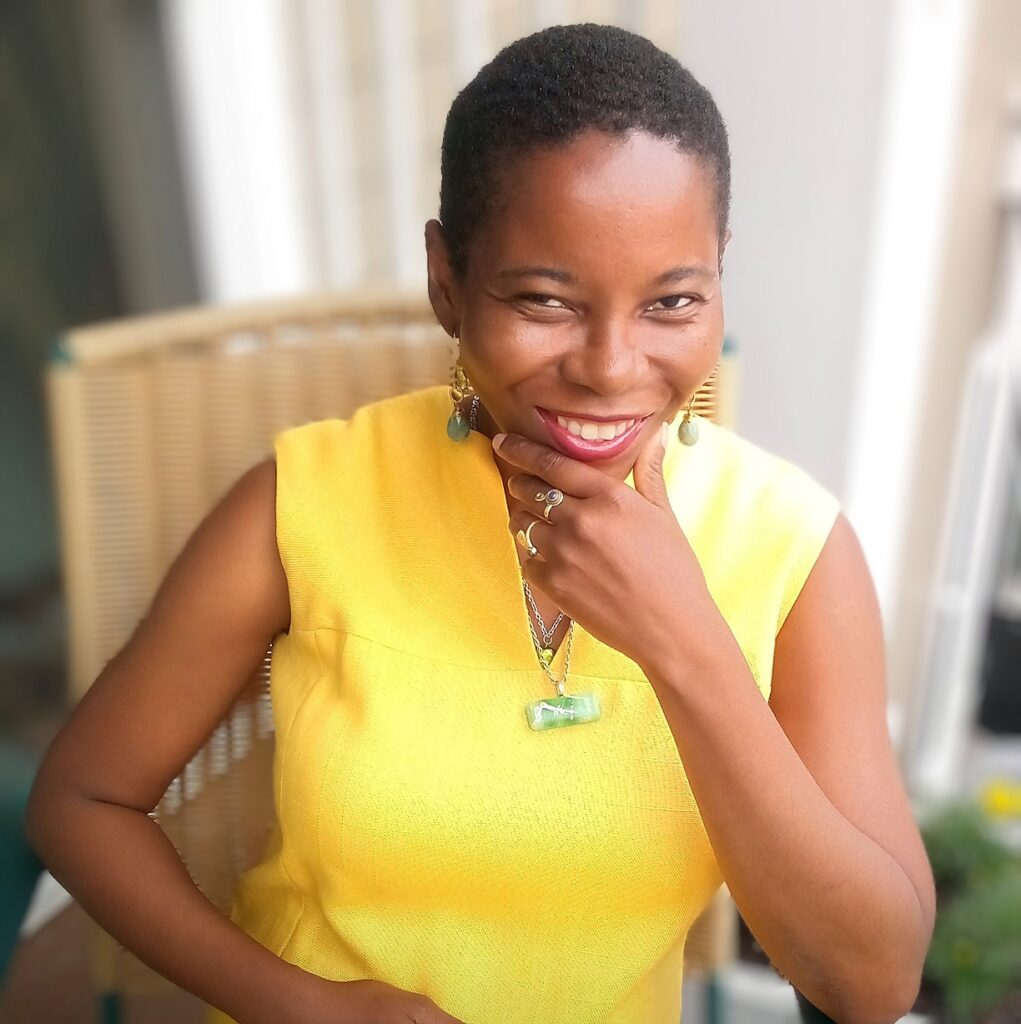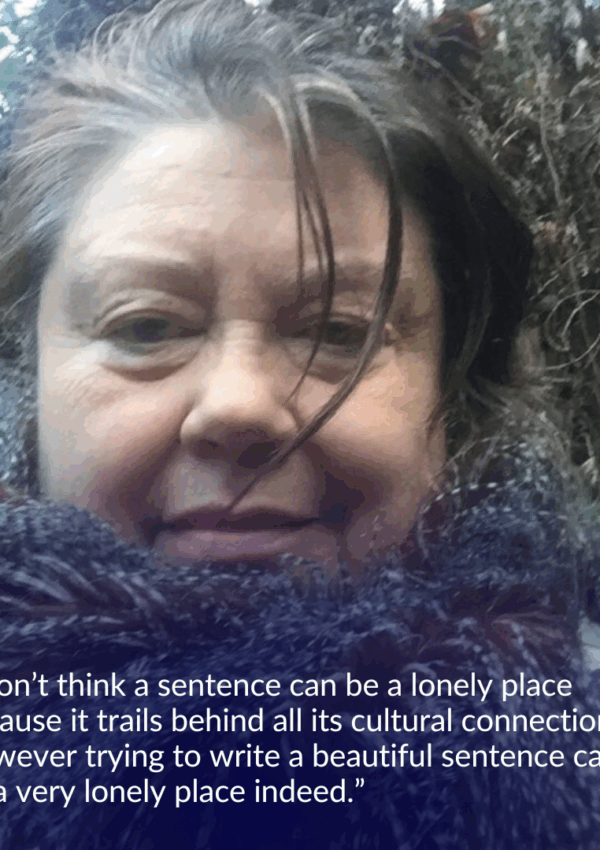As a little girl, I often encountered dead bodies on my way to school during the Baby Doc dictatorship in the 1980’s. We’d hear the gunshots fired outside of my Catholic school and take cover under our desks. There were nightly curfews when my body became hypervigilant to the point that sleep was something rare, never lifting the darkness growing within my mind.
I grew up in Haiti. Now, four decades later, it’s far worse than when I was a child. Poverty, political corruption, and instability have increased to the point where uncontrolled gang violence is now widespread, and daily kidnappings endanger every single life. For Haitians who live there, and for family members in the diaspora who constantly worry about their safety back home, this can be mentally crippling. Fear, anxiety, depression, and Post Traumatic Stress Disorder are the norm for all of us. Yet, Haitians and people of color everywhere keep reaching for the light in the arts and aspirations.
For example, Haitian paintings are full of vibrant colors and life in a rich land, with solid full trees, flowing streams, bright sunlight, and bluest of skies. So why does an artist feel compelled now to paint such a happy picture or to smile despite the chaos and deforestation? Because, there are still many beautiful places in Haiti where the turquoise ocean glimmers, the red and pink hibiscus flowers bloom in the mountains, and exotic birds nestle in the mist of a forest.
As creative people, we’re not ignoring the darkness. Collectively, we are acknowledging a world that is fruitful and abundant with hope and trying to balance sadness and joy. The artists in Haiti are suffering and need hope in order to cope with the darkness. Throughout history, enlightened beings are depicted with smiles, symbols of hope, and light. It doesn’t mean that they are not aware of suffering and don’t experience it. They know they need to tip the scale more towards light. It gives another being a moment of solace from the nightmare that life can be.
I get inspired when I write about nature, different cultures, spirituality in the stories of my ancestors. And all things that have touched my life in a positive way. Sometimes, I wonder when a submission is rejected, if there’s an unspoken expectation that if you want to publish a book of poetry, a novel, and/or have your work get noticed, you will have to lay down your soul about the misery of where you came from, what tragedies you have endured, your dysfunctional family history, and the discrimination you have suffered.
What if you wish to write something full of joy, full of characters that warm your heart, make you want to be physically near them? Poems in which people feel safe sitting down to share a quiet meal, have a friendly conversation and a cup of hot chocolate together in someone’s backyard. Or a time when the eldest woman on the island of Haiti welcomed each newborn, and a circle of elders gathered to name the child.
As a poet, it is a gift for me to be able to create environments and characters who help show me the light inside of me. My new manuscript Coral in The Diaspora has a prose poem I love and want to share!
The Harvest
She ate corn on the cob at the age of one hundred and six. Great Grandmother’s strong jaw bone and white teeth were the talk of the town. Grilled on an outdoor wood fire, hot crispy yellow and black layers peeled with her hands to bite into sweet corn with sturdy front teeth. At her age of wisdom, three distinct gray hairs grew under her chin, she knew in her bones time for harvesting of the corn. By oil lamp light she gave thanks for all of the crops.
In the morning of the harvest, her donkey rocked side to side next to her as each person smiled and greeted “Bonjour Granny. See you later.” The villagers knew to gather around her fire in the evening. They loved hearing the story of her donkey Zig kicking any man who approached her to flirt. “Zig had no patience for vagabonds,” she said with a wink, as she carefully chose the corn that would be the right size for each man, woman, and child. A kiss on the forehead and a grilled corn on the cob she gave to each one. They gathered at her feet and enjoyed her aura. Her attractive small features and dark skin glowed in the crackling light of the fire as she shared stories and memories of each younger person being born on the small island. She said as she pointed to their enamored faces, “Well, you know how old I am. I saw your birth and you nearly killed your mother.” Laughter was heard at the beginning of her sharing each time. Fascinated, no one wanted to leave her feisty side until she would force them out, “Ok, if you don’t go now, my donkey will kick you.”
I hope you felt great and laughed while reading my poem. Whenever I read it, I can put down my burdens, take a moment to breathe, smile, feel good inside, and warm my heart.

Jerrice J. Baptiste is an author of eight books. She is extensively published in Artemis Journal; The Yale Review, Mantis; The Dewdrop; Penumbra Literary & Art Journal; Kosmos Journal and others. She has been nominated as Best of The Net by Blue Stem for 2022 and was the top ten finalist in a poetry competition for Plants & Poetry Journal in 2023. Jerrice has been the featured poet on Planet Poet: Words in Space in Roxbury, NY, The Woodstock Poetry Society, and The International Women’s Writing Guild. She has been facilitating Authentic Poetry workshops for eighteen years most recently at The Beatrix Farrand Garden as well as The Omega Institute in NY. Her poetry and collaborative songwriting appear on the Grammy nominated album, Many Hands: Family Music for Haiti. Follow Jerrice on Instagram: authenticpoetryjerrice. Visit her website: www.Guanabanabooks.com for upcoming workshops & to purchase books.


